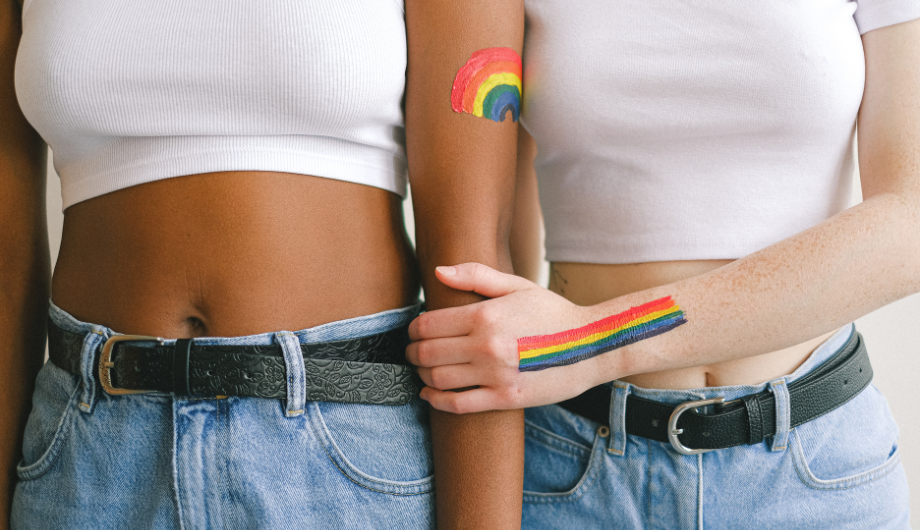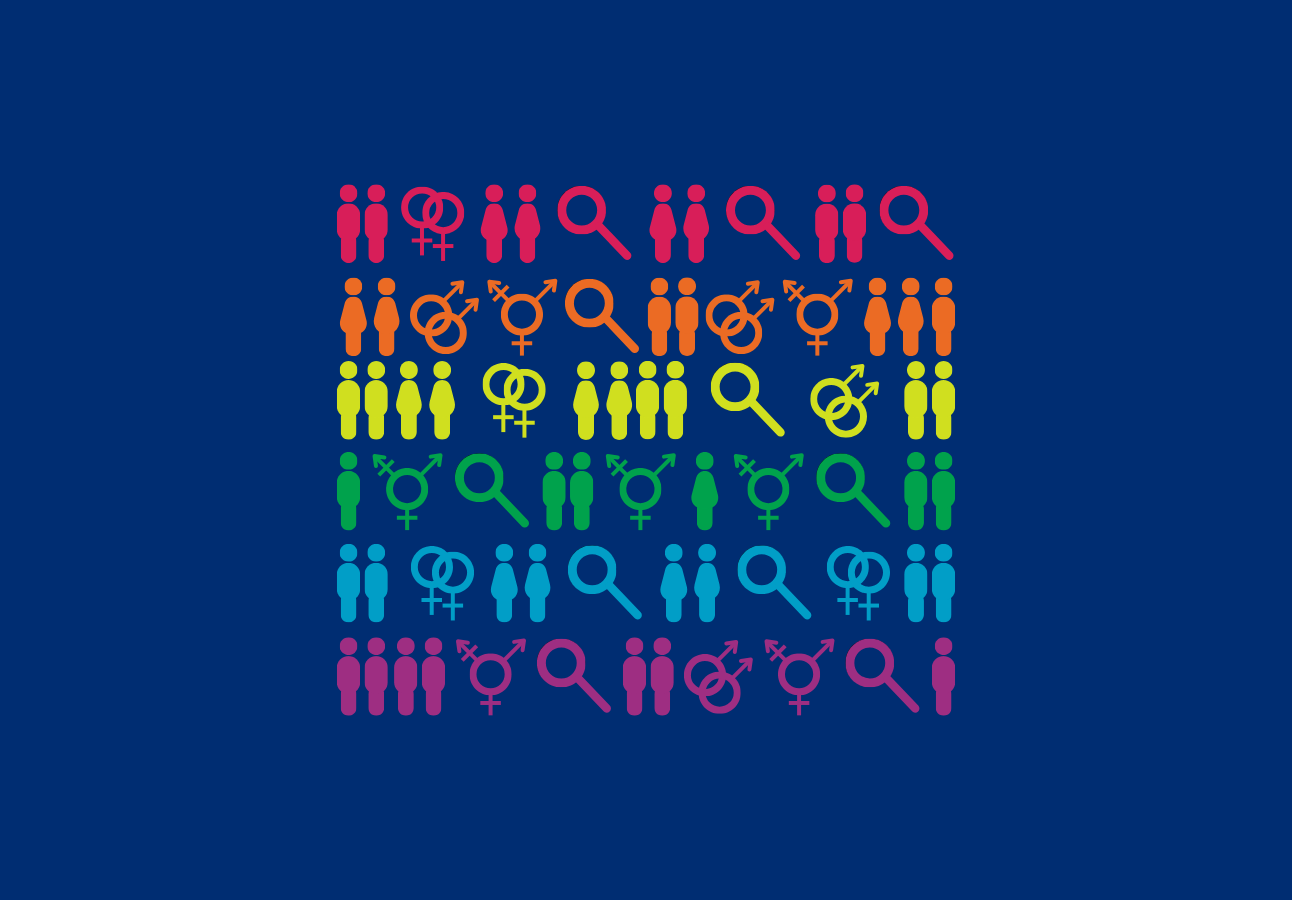
Why we’re shining a spotlight on LGBT+ survivors of domestic abuse
Ruth Davies, Communications Officer at SafeLives, discusses the findings of our spotlight on LGBT+ victims and survivors of domestic abuse
What comes to mind when you hear ‘domestic abuse’? The chances are that most people see a heterosexual couple, in which the man is physically or emotionally abusive to the woman. Of course we know that the majority of people experiencing domestic abuse are women, and the majority of perpetrators are men. But for too long those who fall outside of this group have been ‘hidden’ from the services that should be supporting them, as our new report shows.
In 2016 we started our Spotlights series, which aims to shine a light on the experiences of different groups of victims and survivors of domestic abuse, who face additional barriers to accessing support. Our latest Spotlight focuses on LGBT+ people, and the services and professionals who support them. We’ve brought together the voices of survivors, professionals and other experts, alongside our own research and our partners Stonewall and Galop.
In all our work we are guided by the evidence: research and data, practice expertise from those working to support survivors, and most importantly the lived experience of survivors and their loved ones. All this evidence tells us that there is no ‘typical’ victim – or perpetrator – of domestic abuse, and we need to challenge the misconception that this devastating crime only happens to one particular group. We believe that if you are experiencing domestic abuse, you deserve the right response at the right time, with the support you need to be safe and rebuild your life – whoever you are and whatever shape the abuse takes.
During the Spotlight we heard about the barriers faced by gay and bisexual men, who too often feel that services aren’t ‘for’ them, despite experiencing high levels of sexual violence in their intimate relationships. We heard from Suzie*, a trans woman who experienced emotional and physical abuse from her wife and was able to become safe and recover with the help of a specialist LGBT+ Idva. We heard from Sophie*, a bisexual woman who survived sexual and emotional abuse in an early relationship.
What has been so clear throughout the Spotlight is the way that a person’s sexuality or gender identity can be used against them by an abusive partner – and the ways in which societal attitudes add to the impact. Even in 2018, threats to ‘out’ a person can be used to control them, and for many survivors an abusive relationship still feels safer than a world outside which is hostile to their identity.
These experiences are reflected in our data, which highlights serious impacts on LGBT+ survivors’ mental health and wellbeing:
- LGBT+ victims are almost twice as likely to have attempted suicide,
- More than twice as likely to have self-harmed,
- More likely to face abuse from multiple perpetrators,
- Twice as likely to have experienced historic abuse from a family member.
It’s clear that we still have a long way to go until LGBT+ survivors of domestic abuse are seen, heard and supported in a way that works for them. We need agencies and services to be able to identify victims and provide tailored support. We need greater awareness around the fact that domestic abuse can and does happen in all communities, and we need to work towards a society where homophobia, biphobia and transphobia are no longer barriers to reaching out and asking for help.
The process of running the Spotlight has allowed us at SafeLives to build powerful partnerships with Stonewall, Galop and local specialist services, and has started empowering conversations between colleagues – we know that we ourselves still have some work to do. We want to share these findings far and wide, to make sure that no one has to go through domestic abuse alone – whoever you are.
You may also be interested in


